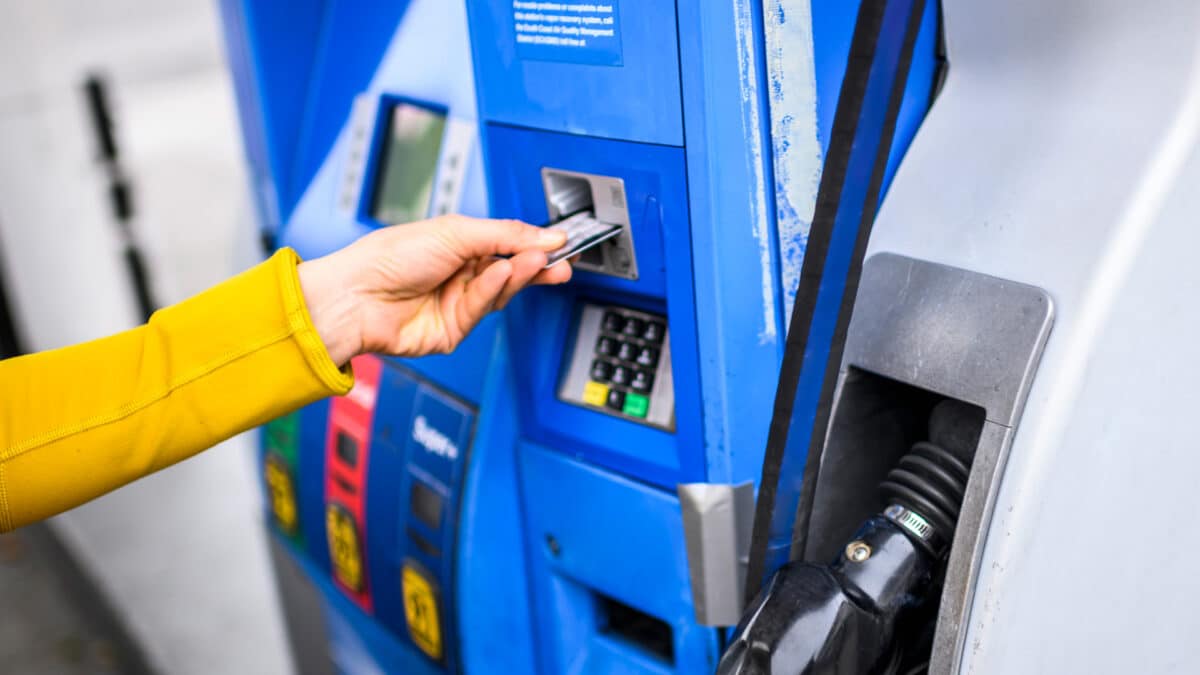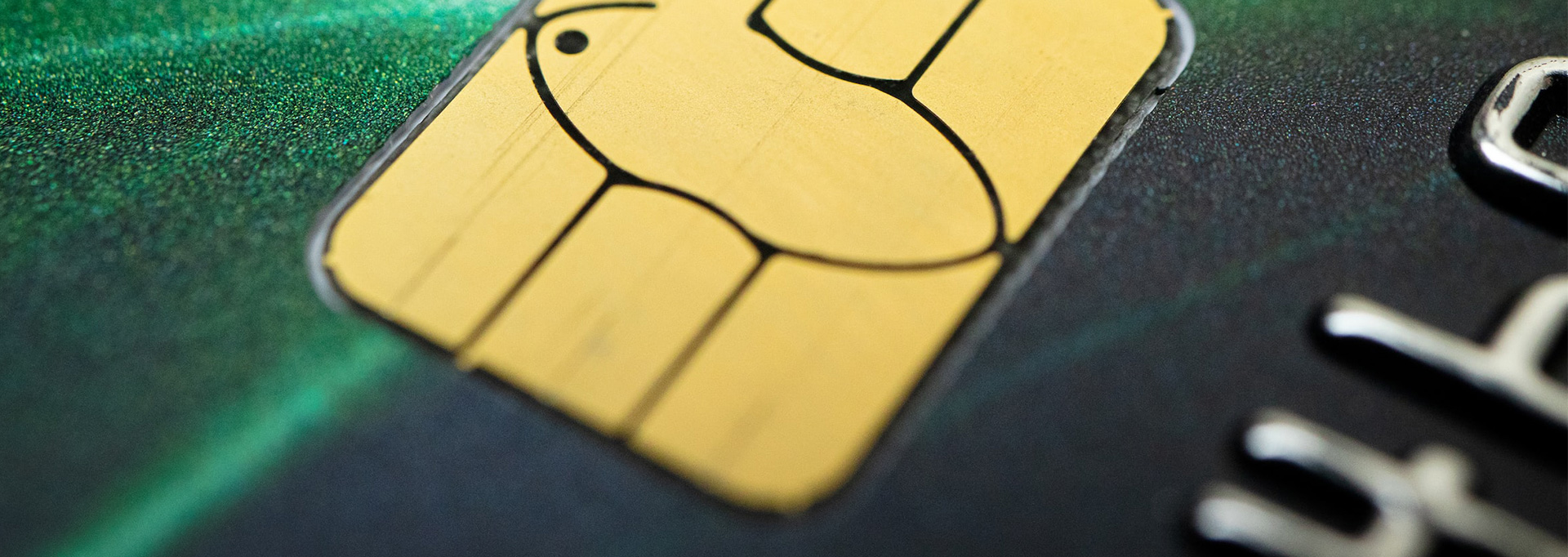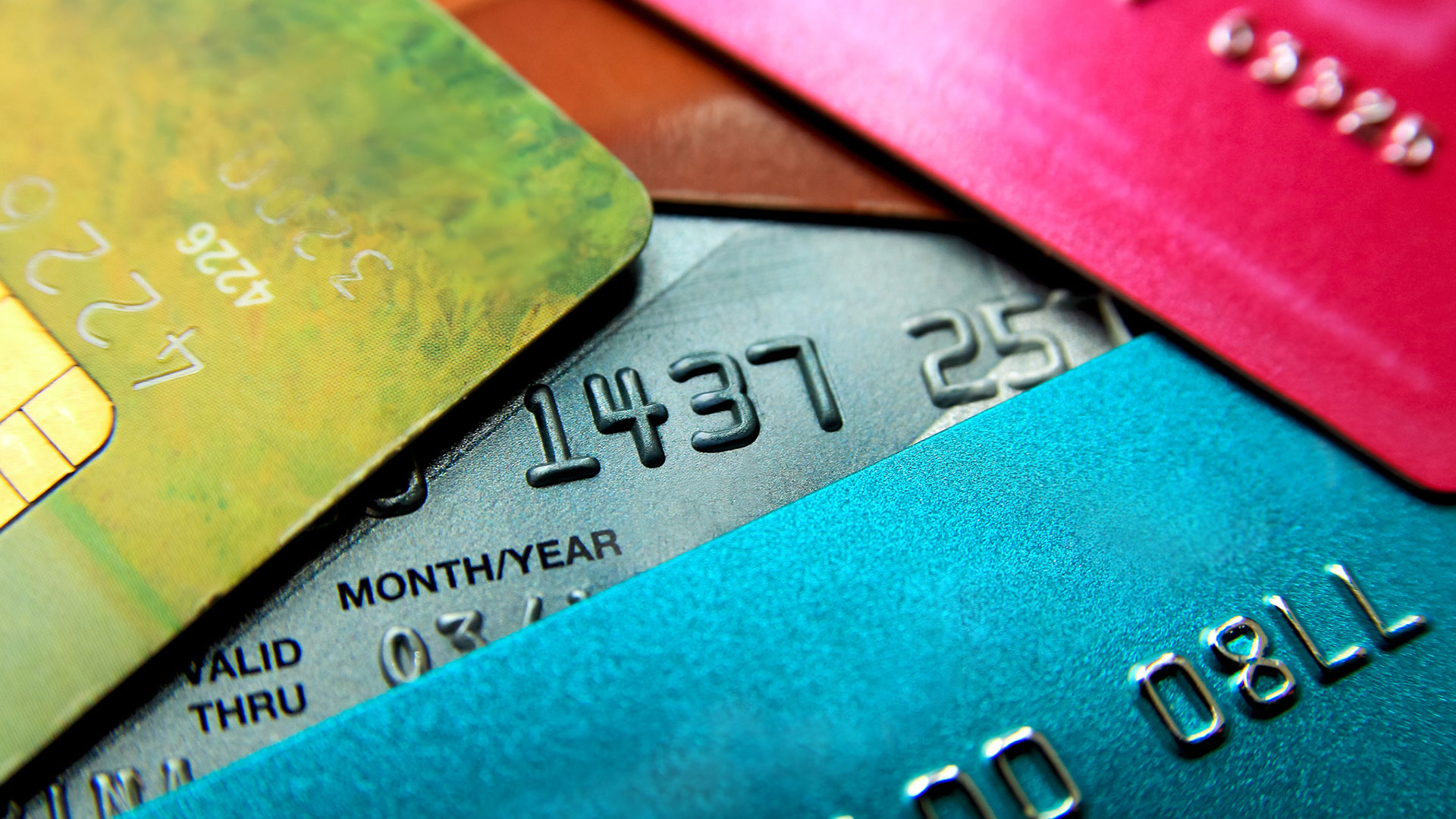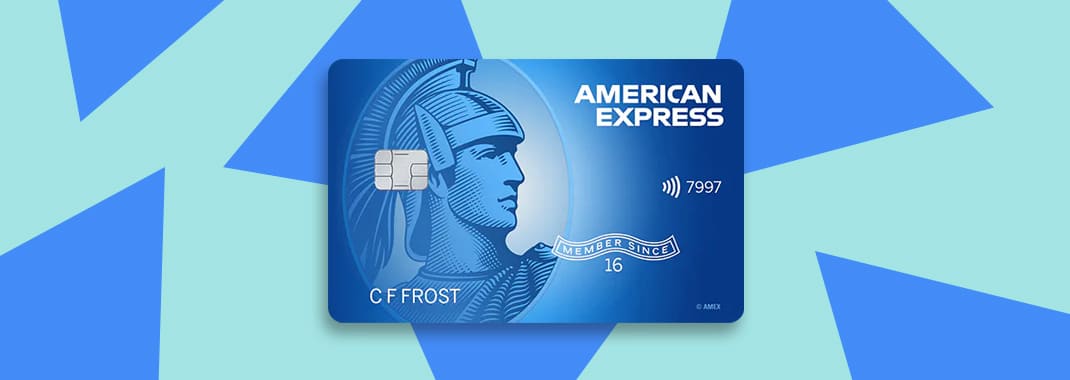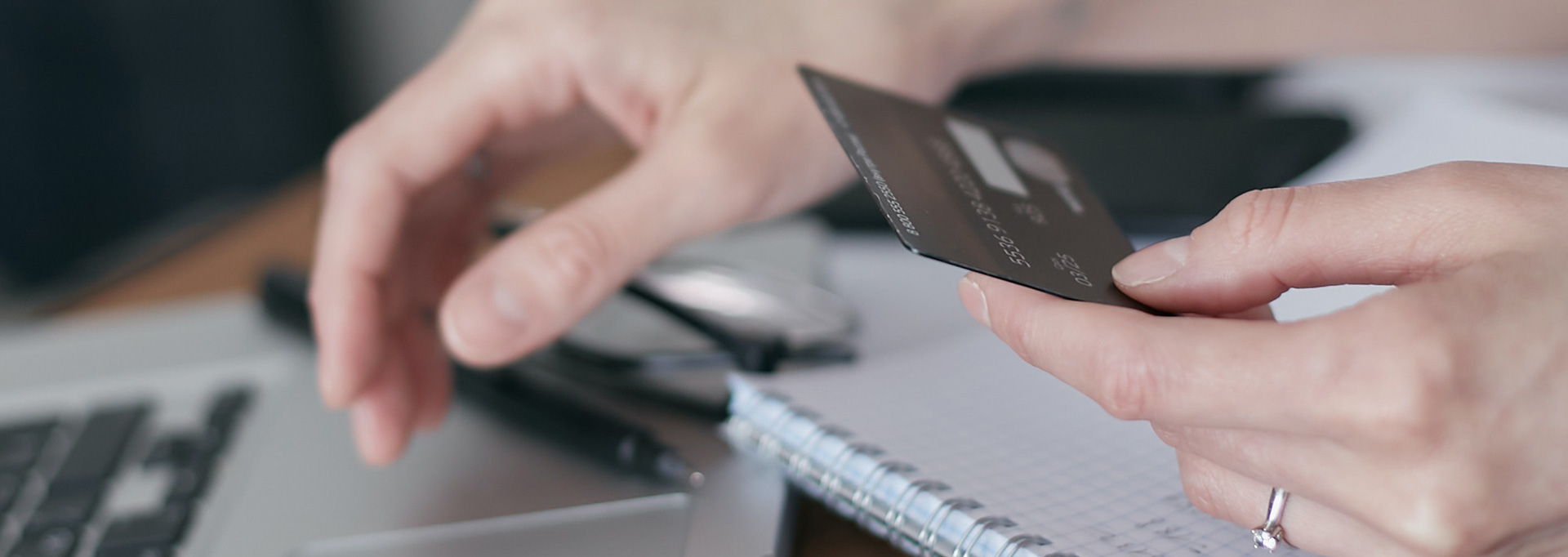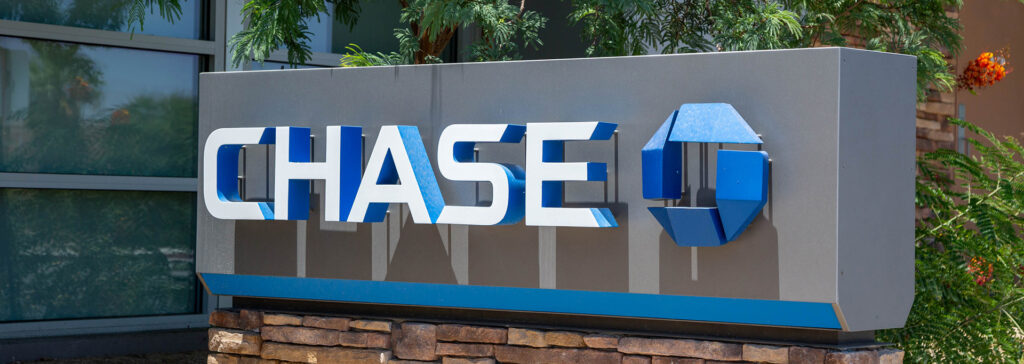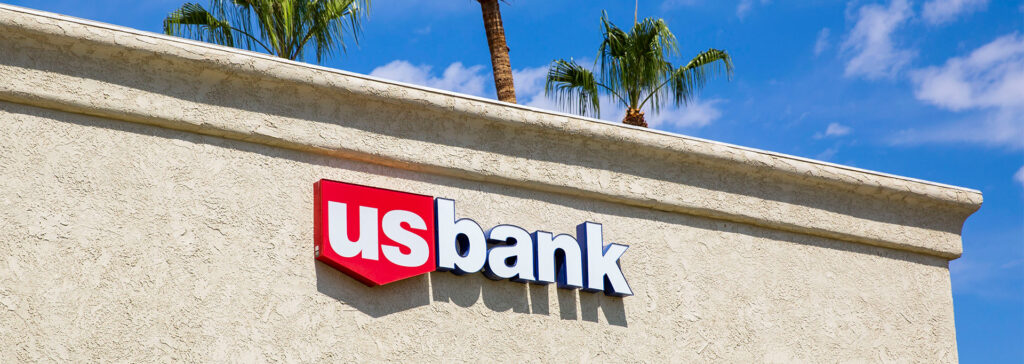Most products on this page are from partners who may compensate us. This may influence which products we write about and where and how they appear on the page. However, opinions expressed here are the author's alone, not those of any bank, credit card issuer, airline or hotel chain.
Credit cards have become a popular financial tool in modern society, allowing us to make purchases without carrying cash or worrying about checks clearing. But did you know that using your credit card for everyday transactions can provide you with some surprising benefits? (As an avid credit card user I've discovered some of these advantages myself.) In this article, I'll share some of the unexpected perks of using your credit card for everyday transactions and how to make the most of them.
Pros of Credit Card Use
- Cash back and reward opportunities
- Can help build your credit
- Offers fraud protection
Cons of Credit Card Use
- High interest incurred if not paid off
- Overspending can lead to debt
- The negative impact to credit if abused
Enhanced Security
Using your credit card for everyday transactions provides you with enhanced security. Many credit card issuers offer zero-liability policies, meaning that you're not responsible for unauthorized transactions made on your card.
This policy can provide peace of mind and protection from fraud or theft. Additionally, credit card companies have fraud monitoring systems that can detect and block suspicious activity, which can help prevent fraudulent charges and save you from the hassle of disputing unauthorized purchases. (So, you can rest assured that your purchases are secure and protected.)
Rewards and Perks
Another surprising benefit of using your credit card for everyday transactions is the rewards and perks that many credit cards offer. Cashback, points, or miles programs can help you save money on future purchases or even earn free travel. Some credit cards also offer sign-up bonuses or exclusive discounts and perks.
See Which Credit Cards Offer BonusesBest Credit Card Bonuses
Visit the Marketplace
These rewards programs can be a great way to make the most of your purchases and save money in the long run.
Quick Tip
Did you we offer a calculator to help you decide how to spend your credit card rewards for the maximum return? Visit our Slickdeals Points or Cash Calculator.
Improved Credit Score
Using your credit card responsibly and paying your balance in full and on time can improve your credit score. This is because using your credit card builds credit history, and paying your balance on time shows that you're a responsible borrower. A higher credit score can result in lower interest rates on loans and credit cards, making it easier to achieve your financial goals.
Purchase Protection
Credit cards also offer purchase protection, which covers the cost of items that are damaged or stolen within a certain timeframe after purchase. This can provide valuable peace of mind and save you from unexpected expenses.
Plus, some credit cards offer extended warranties and price protection, which can help you save money on future purchases. (With these protections, you can shop with confidence and avoid unexpected costs.)
Why Using Credit Cards Responsibly is Key to Financial Success
As a credit card user myself, I've seen firsthand how credit cards can be a powerful financial tool when used responsibly. However, I've also seen how credit card debt can be a major burden that can negatively impact your financial health for years to come. That's why I'm here to share some tips and strategies for using credit cards responsibly to maximize their benefits while avoiding unnecessary fees or penalties.
Best Practices When Using your Credit Card for Everyday Purchases
When using your credit card for everyday purchases, it's important to follow best practices to make the most of its benefits. First and foremost, avoid overspending and only make purchases that you can afford to pay off in full each month. Set a budget and stick to it to avoid accruing interest charges and falling into debt.
Plus, regularly monitor your credit score to catch any potential issues early and ensure that your credit utilization ratio stays low. Using your credit card responsibly not only helps you avoid financial pitfalls, but it also improves your credit score, making it easier to achieve your financial goals. By following these best practices, you can use your credit card as a financial tool rather than a crutch and enjoy its many benefits. Let’s dive into these best practices a bit more below.
Stick to a Budget
Now that we've established the benefits of using credit cards, let's talk about how to use them responsibly. The first step is to create a budget for your credit card spending. This means determining how much you can afford to spend on your credit card each month and sticking to that amount. This will help you avoid overspending and accruing credit card debt.
Pay off your Balance in Full
Another key to using credit cards responsibly is to pay off your balance in full each month. This means not carrying a balance from month to month and avoiding interest charges. If you can't pay off your balance in full, you should aim to pay more than the minimum payment each month to avoid accruing interest charges.
Take Advantage of Rewards Programs
One of the biggest benefits of using credit cards is the rewards programs they offer. To maximize your rewards, you should choose a credit card that aligns with your spending habits and use it strategically. For example, if you travel frequently, you may want to choose a credit card that offers travel rewards. If you prefer cash back, choose a card that offers high cash back rates for the categories you spend the most in.
Use Credit Cards for Planned Purchases
Using credit cards for planned purchases, such as travel or large purchases, can be a smart strategy. This is because credit cards often offer more consumer protection than other forms of payment and may offer rewards for these types of purchases. However, it's important to plan and budget for these purchases to avoid overspending.
Avoid Cash Advances
Cash advances are a risky and expensive way to borrow money. The going rate for borrowing is between 3-5% of your advance (ouch). If you need to borrow money, consider a personal loan or credit counseling instead. Cash advances should be avoided unless it's an absolute emergency.
Monitor Your Credit Utilization
Credit utilization, or the amount of credit you're using compared to the amount you have available, is an important factor in your credit score. To maintain a good credit score, it's important to keep your credit utilization below 30%. This means if you have a credit card with a $10,000 limit, you should aim to keep your balance below $3,000.
Set Up Auto-Payments
Late payments can have a major impact on your credit score and result in hefty fees. To avoid late payments, set up auto-payments for your credit card bills. This will ensure that your payments are always made on time, even if you forget to make a manual payment.
Review Your Credit Card Statements Regularly
Card statement reviews are crucial to your financial health. By reviewing your credit card statements regularly, you can detect and report fraudulent charges, monitor your spending, and ensure that your budget is on track. When reviewing your statements, make sure to look for any unusual charges or fees and dispute them immediately if necessary.
 Related Article
Related Article
How to Dispute Errors on Your Credit Report
Putting It All Together: Achieving Financial Success with Your Credit Card
Credit cards can be a powerful financial tool when used responsibly. Keep in mind, credit cards offer many benefits, but they must be used wisely. By following these tips and strategies, you can use credit cards to your advantage and achieve financial success.



